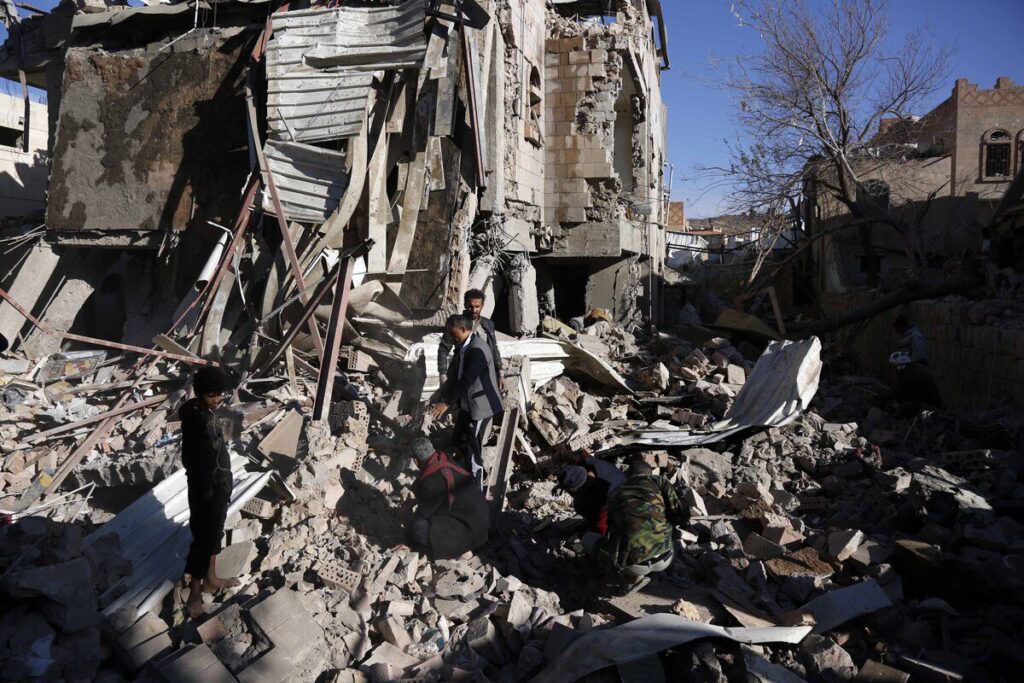The ongoing crisis in Yemen has led to a dire humanitarian catastrophe, with millions of people facing food insecurity, lack of access to clean water and healthcare, and ongoing violence. Despite the severity of the situation, the international community has failed to take decisive action to address the crisis, leaving Yemeni civilians at risk of famine and disease. The conflict, which began in 2014 when Houthi rebels overthrew the government, has escalated with multiple parties involved and no end in sight. The humanitarian impact has been devastating, with millions in need of assistance and facing food insecurity and disease. Urgent international action is needed to address the crisis and provide much-needed humanitarian assistance to the people of Yemen.
The Crisis in Yemen: Humanitarian Catastrophe and International Inaction
Introduction
The ongoing conflict in Yemen has created a dire humanitarian crisis, with millions of people suffering from food insecurity, lack of access to clean water and healthcare, and ongoing violence. Despite the severity of the situation, the international community has failed to take decisive action to address the crisis, leaving millions of Yemeni civilians at risk of famine and disease.
Background
The crisis in Yemen began in 2014, when Houthi rebels, supported by Iran, overthrew the government and seized control of large parts of the country. In response, a coalition of Arab states led by Saudi Arabia launched a military intervention to restore the government to power. The conflict has since escalated, with multiple parties involved and no end in sight.
Humanitarian Impact
The conflict in Yemen has had devastating consequences for the civilian population. According to the United Nations, more than 24 million people in Yemen are in need of humanitarian assistance, with 20 million facing food insecurity and 17 million lacking access to clean water and sanitation. The country is also facing one of the largest cholera outbreaks in history, with more than 1 million suspected cases reported.
International Response
Despite the severity of the crisis, the international community has largely failed to take decisive action to address the situation in Yemen. The United Nations has called for a ceasefire and a negotiated peace settlement, but these efforts have been stymied by the parties involved in the conflict. The U.S. and other Western countries have continued to support Saudi Arabia and its coalition allies, despite widespread reports of human rights abuses and civilian casualties.
Conclusion
The crisis in Yemen is a humanitarian catastrophe that demands urgent international action. The parties involved in the conflict must prioritize the needs of civilians and work towards a lasting peace settlement. The international community must also do more to provide humanitarian assistance to the people of Yemen and hold all parties accountable for their actions. Failure to address the crisis in Yemen will only lead to further suffering and instability in the region.
